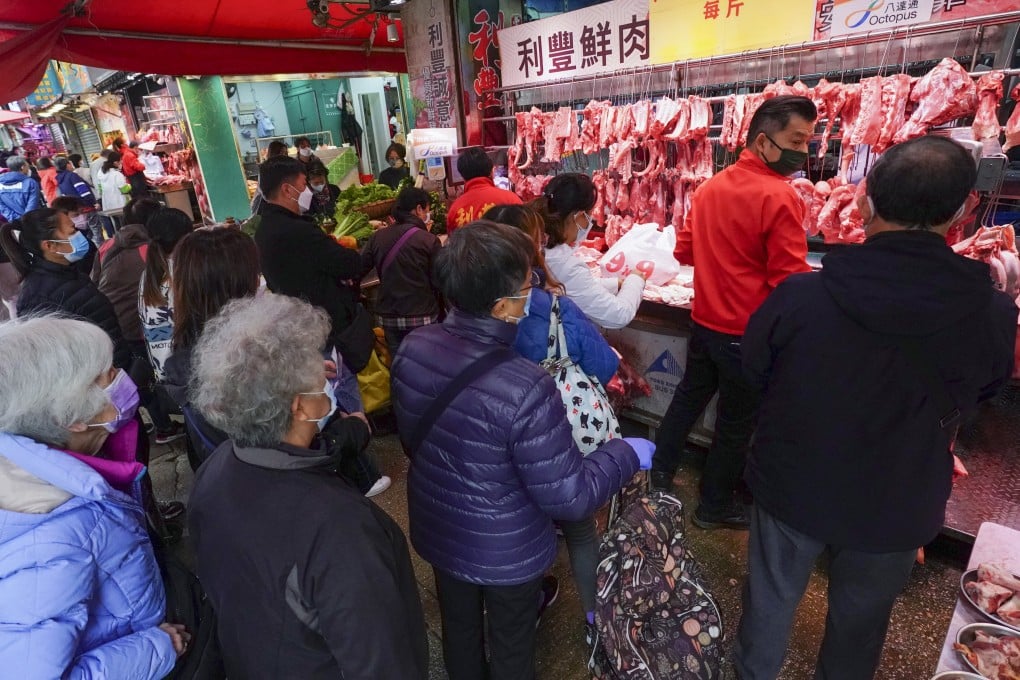Advertisement
Opinion | Hong Kong’s love of meat risks leaving the city on the wrong side of progress
- As Hong Kong opens a new dairy farm training school, the rest of the world is already moving towards innovative and cruelty-free food production
- Missing the boat on plant-based and lab-grown animal products won’t help our global competitiveness or environmental footprint
Reading Time:3 minutes
Why you can trust SCMP
18

On November 16, the US Food and Drug Administration (FDA) cleared the way for approving the sale of cell-cultured meat by a company called Upside Foods in the world’s biggest consumer market. In 2020, Singapore was the first country in the world to approve cell-cultured chicken breast from the US company Eat Just.
Failure to recognise the significance of these developments will come at the cost of Hong Kong’s competitiveness and innovativeness, not to mention its track record in sustainability and ethics.
The day after the move by the FDA, Hong Kong’s City University opened a dairy farm for veterinary students in Tai Po. This seems anachronistic when there are more environmentally friendly, healthy and cruelty-free alternatives to dairy products that do not risk an increase in zoonotic diseases or antimicrobial resistance.
Advertisement
An age of innovative food, including plant-based and cell-cultured milk, meat, fish and seafood, that can be produced in a scalable way, is arriving. And Hong Kong, where meat consumption is higher than anywhere else in the world, can play an important role.
To begin training in 2022 for a job in the animal dairy industry in 2028 – since the CityU veterinary course takes six years – seems as good a career move as starting to learn today how to repair video recorders in six years, only less ethical.
Advertisement
While Hong Kong is opening up a “model farm”, many countries are transitioning to more sustainable food options. Singapore has pledged that by 2030, 30 per cent of its food will be produced locally, with the help of hi-tech methods, to improve food security and reduce its carbon footprint.
Advertisement
Select Voice
Select Speed
1.00x
